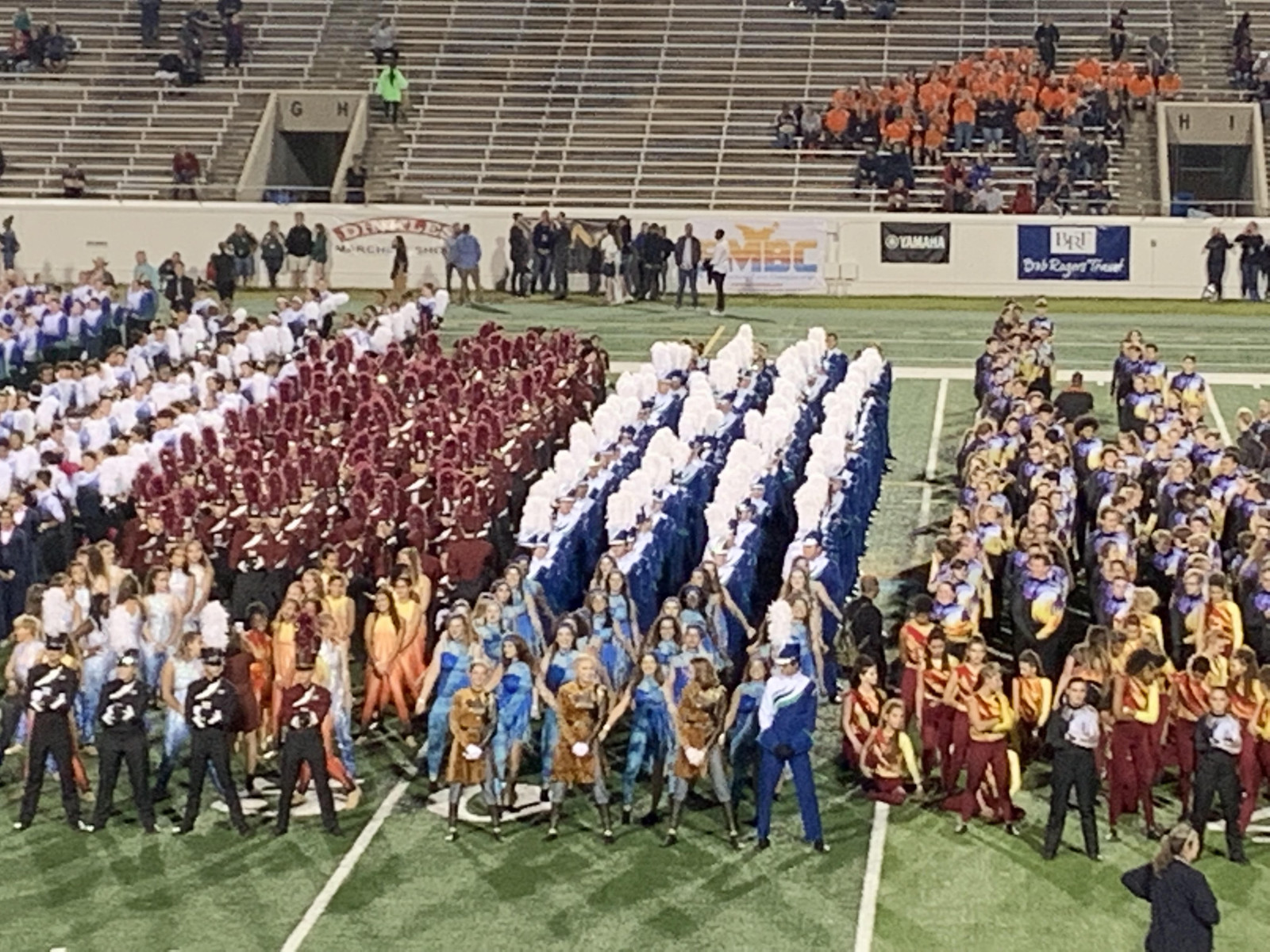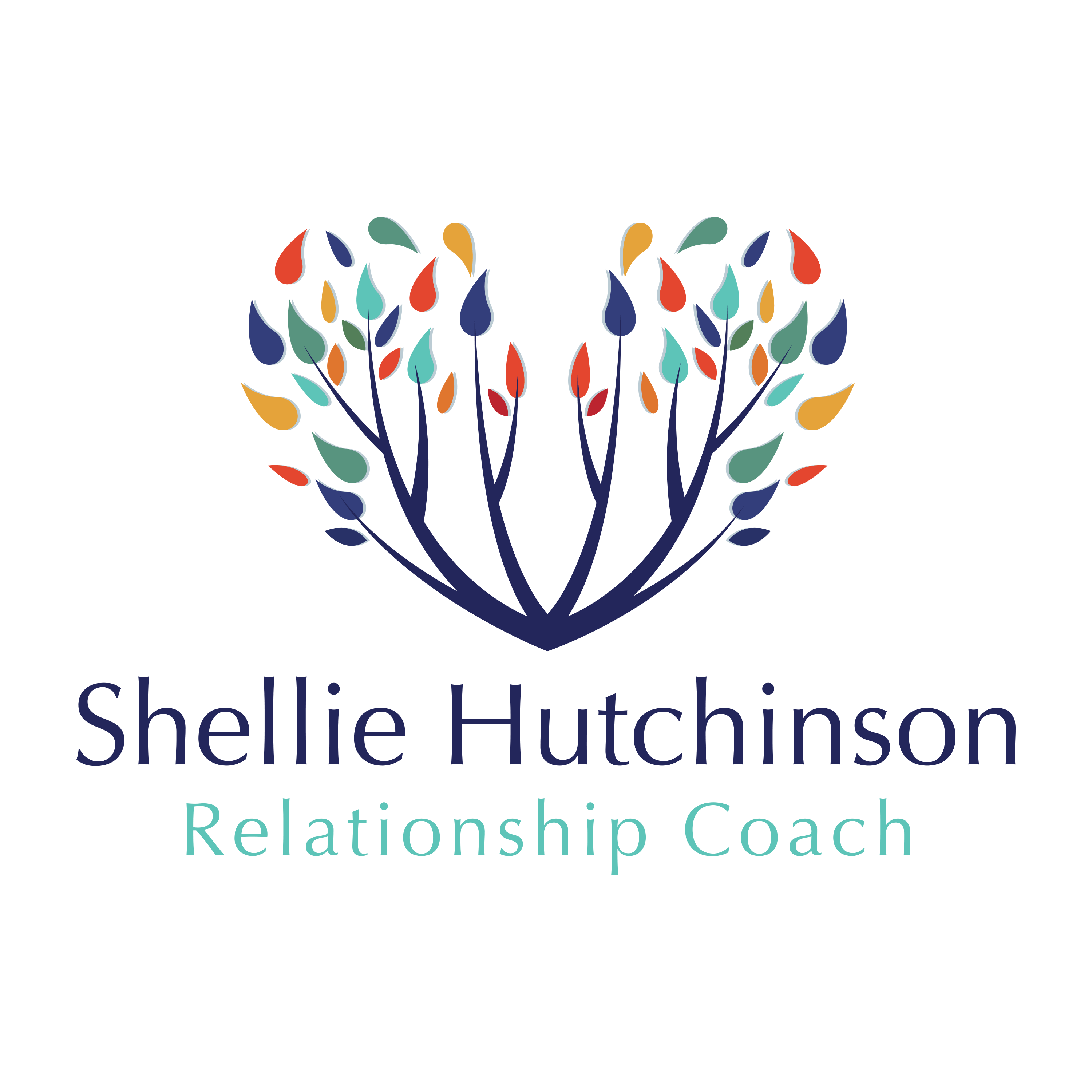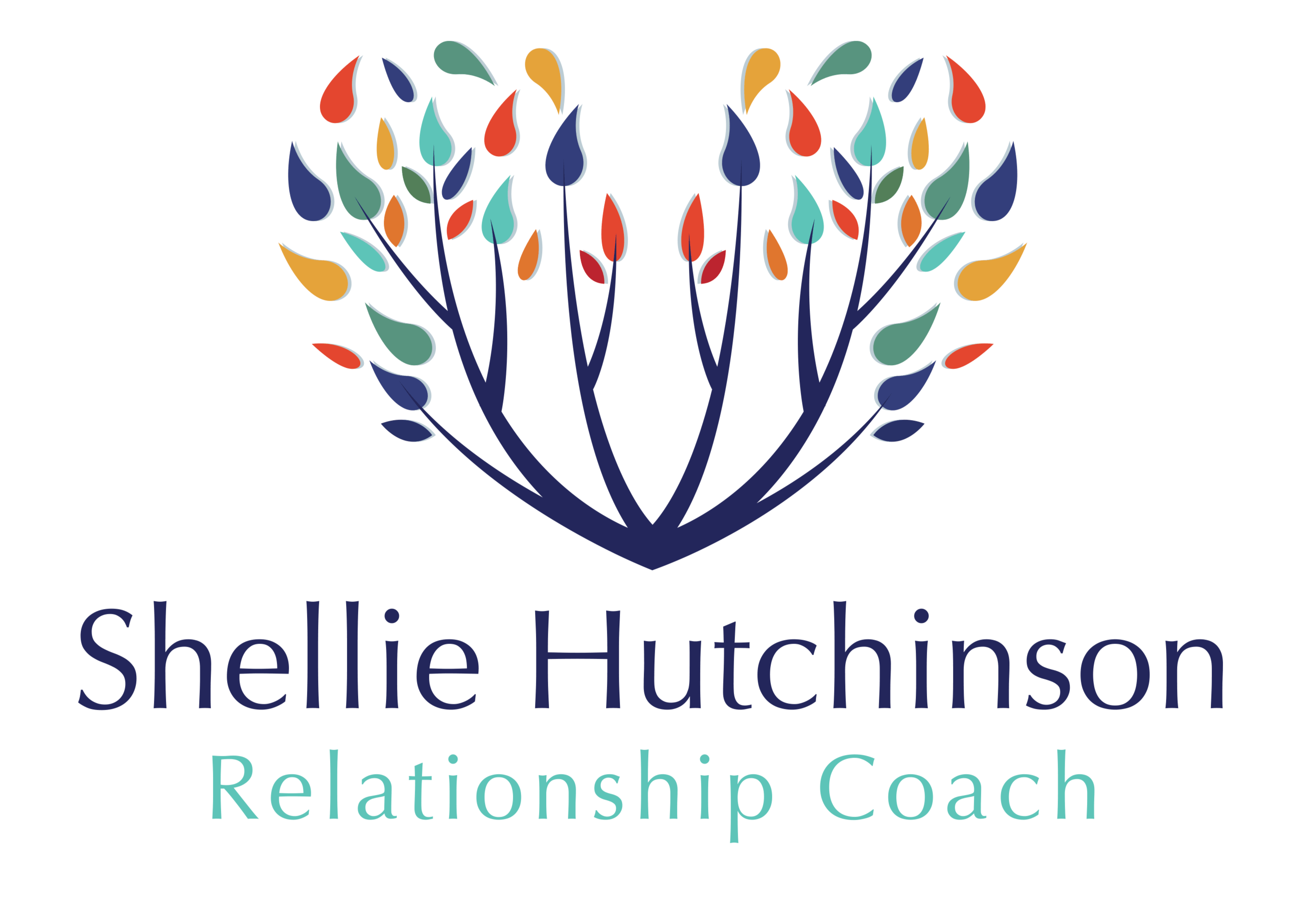
It’s November, 2019 and the Florida High School Marching Band State Championship is in full swing. Like many states, high school marching band in Florida is a big deal. And if you’ve ever seen a marching band competition awards ceremony, you’ll understand when I say it’s impressive, surprisingly so.
At the end of the final day of competition, the students enter the stadium in serious fashion. They line up on the field in tightly packed formation, in their various class sizes, based on school student population. There are a few class sizes, so several bands are lined up from one end zone to the other. The kids remain in formation throughout the entire ceremony, not breaking formation until all of the winners, in every class, are announced. Then, these hard-working, talented teenagers break formation to celebrate or lament, whichever the case may be.
On that day in 2019, however, something unexpected happened. The awards ceremony began, and the third place winner, in the smallest class, was announced. The spectators clapped and cheered, and a celebratory firework was released into the night sky. The 2nd place winner was announced, more clapping and cheering, another firework went off.
But then the ceremony paused. Adults were running from the sidelines towards one of the largest bands on the field. Parents in the bleachers around us were standing up, trying to get someone’s attention, yelling, “Stop the fireworks!”. Some parents were rushing down the bleachers towards the field. From our vantage point, I couldn’t tell what was happening.
Then realization struck. The adults were rushing to the Marjory Stoneman Douglas High School Marching Band from Parkland, FL. Kids in this band were being triggered by the fireworks.
Nine months earlier, on February 14, 2018, 14 students and three staff members at Marjory Stoneman Douglas High School were killed in what remains the deadliest high school shooting in U.S. history. Seventeen additional people were injured that day.
Later that night, our son, whose band was positioned next to the Marjory Douglas Stoneman band, described what he witnessed when the first firework went off - kids dropping to their knees, covering their ears, crying, panicking. Many of the kids on the field that night had lived through hell, had seen things they should have never seen, had lost loved ones and friends. What amazingly brave and resilient kids these were. I tear up every time I think back to that night.
I tell this story, because in 2019, concept creep, as we know it today, didn’t exist. The words “triggered” and “trauma” had very specific meanings. Back then we used the word “triggered” to describe an intense emotional response to a stimulus, which could be a sight, sound, smell, or memory that evokes the past traumatic experience. The word “trauma” was used to describe deeply distressing or disturbing events, such as severe violence, death, or abuse, that overwhelms the individual, significantly affecting their day to day functioning.
Language shapes our understanding of the world. It constructs and cultivates our experiences. Psychological concepts have been expanding beyond their original meaning for some time now. And here’s the problem. As clinicians, we need these words, in their original psychological forms, to assess and treat our clients accurately and effectively. Clients need these words to fully understand what it is they’re experiencing. Their loved ones, colleagues, bosses, etc. need these words so that they can understand and offer support. We need these words as a society to best care for those around us who have experienced trauma. And we need these words so individuals understand what they aren’t suffering from.
Losing a loved one due to natural causes does not qualify for a PTSD diagnosis, for example, regardless of the hardship one faces in these circumstances. But losing a loved one to a violent, unexpected death, one you witnessed or learned about, does qualify for a PTSD diagnosis. Additionally, emotional disruption or disturbance is just that, a disruption. I realize these disruptions can be severe, I see them every day in my work, but that doesn’t mean the individual experiencing them is “triggered”, based on the word’s original psychological meaning.
Here are some additional psychological concepts that have been affected by the phenomenon of concept creep: addiction, abuse, neglect, and mental disorder. Words like "violence" and "harm" have also experienced their own version of concept creep with in the greater culture.
In recent years, our society has seen increased mental health awareness and sensitivity to the hardships that humans face every day. This is a wonderful thing. In writing this, it is not my intent to minimize human suffering in any way, shape, or form. I just think we need to do a better job of classifying it.
Imagine concept creep in the medical field, for instance. What if we started calling your run-of-the-mill heartburn, a heart attack instead? I’m not talking about confusing the two, which sometimes happens. I’m talking about actually changing the meaning of the phrase “heart attack” to mean “heartburn”, because on some level, it feels comforting to give our suffering a stronger descriptor. Then what words would we use to identify an actual heart attack?
Recently I’ve noticed some social media posts cautioning about the trauma we might experience by watching the video of the assassination attempt. These are well-meaning posts. But posts like this use the word trauma and broaden it so much, its meaning becomes too great for most of us, and too small for the few that truly deserve it. The word trauma needs to be reserved for those who were in attendance that day, who witnessed the shooting, the injuries, the death. My thoughts and prayers are with the family and friends of Corey Comperatore, as well as the additional victims and their family members and friends.
Yes, the meaning of words can evolve over time. But, in some cases, they just shouldn’t. Humans are highly resilient, as evidenced by the amazing teenagers in the Marjory Stoneman Douglas Marching Band in 2019, who less than one year after their harrowing experience, were getting up each day, fighting through the loss, the sorrow, the triggers, and the trauma.
Fortunately, most of us will never know what it’s like to live through something like that. But we can honor those who have by saving these words for them. We have plenty of others we can choose from.












0 Comments